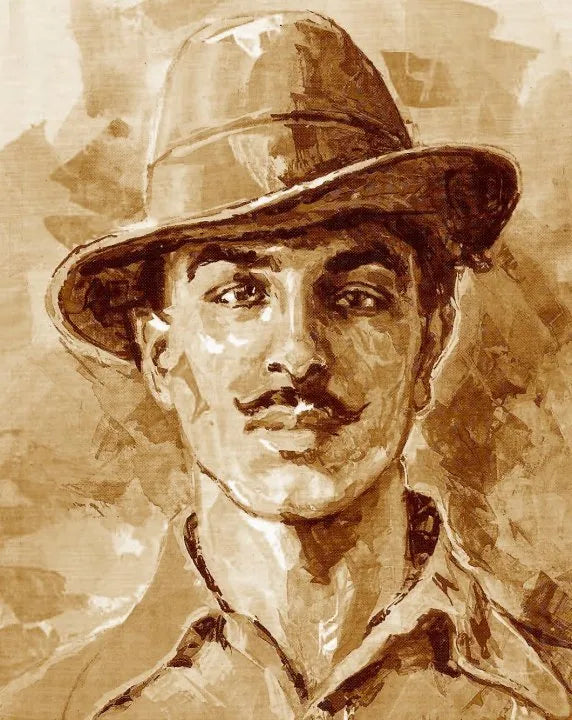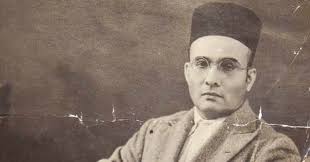
BHAGAT SINGH THE WRITER: A LEGACY UNEXPLORED
Shaheed Bhagat Singh is a name that stands out among Indian freedom fighters. He represents an idea, a relentless struggle against colonialism and all forms of oppression. His revolutionary slogan, "Inquilab Zindabad," has been immortalized, but often overlooked is his talent as a prolific writer. While statues and buildings commemorate his sacrifice for India's freedom, his literary contributions remain underappreciated.
The Writer in Making
From an early age, Bhagat Singh demonstrated intellectual curiosity, asking probing questions about national movements and socialist agendas. Raised in a family of revolutionaries and thinkers, these traits were evident in his works. This intellectual environment nurtured his potential, foreshadowing his future contributions as a writer.
First Recognition as a Writer
By age 17, Bhagat Singh had gained significant intellectual maturity. He wrote an award-winning essay in Hindi on the language issue of Punjab, showcasing his clarity of thought and brilliance as a writer. This early recognition hinted at his potential to influence the freedom movement through his writings.
Penning Down His Views with Ferocious Intellect
In 1924 and 1925, under the pseudonym Balwant Singh, Bhagat Singh wrote "Vishv Prem" ("In Love with the World") and "Yuvak," published in Matwala. His article "Holi Ke Din Rakt Ke Chinte" ("Blood Drops on Holi Day"), written in 1926 about the execution of six Babbar Akali revolutionaries, failed to gain widespread popularity, reflecting the challenges his written works faced in reaching a broader audience. BUY BHAGAT SINGH T-SHIRTS HERE!

Using His Writings for the Greater Good
Bhagat Singh's clarity of thought and writing proficiency were evident in his contributions to Urdu and Punjabi newspapers published in Amritsar and briefly for the Veer Arjun newspaper in Delhi. Through these platforms, he aimed to bring more people under his influence, using his writings to further the cause of Indian independence.

Under the Surface Works
While imprisoned, Bhagat Singh wrote numerous manuscripts. Some were published, others destroyed, and many remain undocumented. Notable works from this period include "The Ideal of Socialism," "Autobiography," "History of Revolutionary Movement in India," "At The Door of Death," and "Jail Notebook." These writings highlight his unyielding spirit and intellectual depth even in captivity.

Posthumous Publishing
His essay "Why I Am an Atheist," published in the September 27, 1931 issue of People, Lala Lajpat Rai’s paper from Lahore, a few months after his execution, conveyed his ideas on atheism. This essay further demonstrated his proficiency in writing and his maturity beyond his years.

Conclusion
Bhagat Singh was not just a freedom fighter; he was an intellectual and a writer whose works continue to inspire. His contributions to the Indian independence movement, alongside those of the Indian Army and other freedom fighters like Veer Savarkar, are invaluable. Recognizing Bhagat Singh's literary legacy adds another dimension to his already remarkable impact on India's struggle for freedom.
[The images used in this blog post are not owned by Anime Devta, they are just for entertainment purposes]
| INDIAN INDEPENDENCE | BHAGAT SINGH | FREEDOM FIGHTER | INDIAN ARMY | SHAHEED BHAGAT SINGH | VEER SAVARKAR |
~Mimansa Sharma

